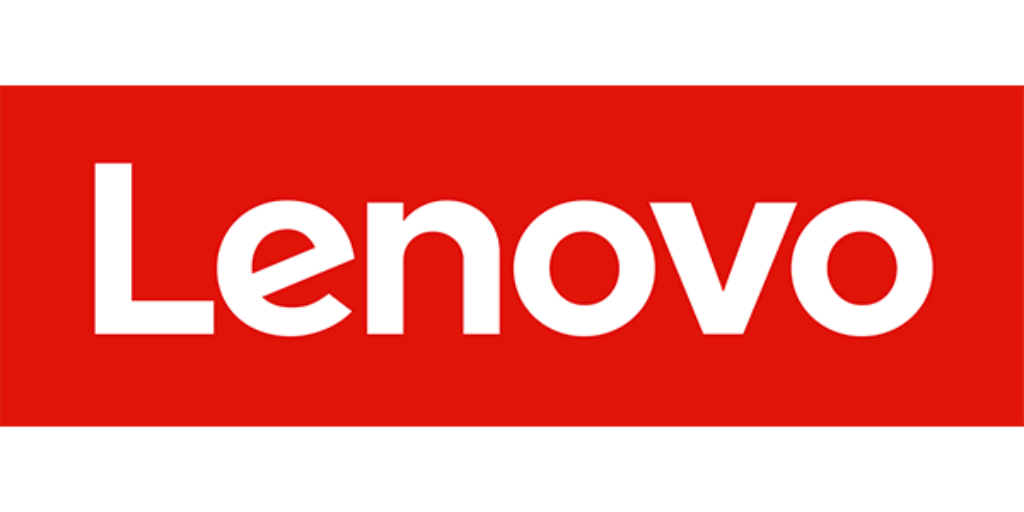And I say, “why not?” It worked pretty well for LNXI.
 A story filed by the AP reports that Whippoorwill Associates, Inc., an employee-owned investment company that holds about 10% of SGI stock, announced in a filing last week (here, free registration required) that it intends to take steps to “unlock the company’s value”.
A story filed by the AP reports that Whippoorwill Associates, Inc., an employee-owned investment company that holds about 10% of SGI stock, announced in a filing last week (here, free registration required) that it intends to take steps to “unlock the company’s value”.
One of the steps it intends to explore with the company’s board and shareholders is a deal to take the company private. How would this help? From the filing
Whippoorwill believes that the large concentration of ownership in relatively few hands (the top seven holders own 77% of the Company’s shares)(1) has resulted in a stock price which does not fully reflect the Company’s intrinsic value or the substantial operating progress achieved over the past year. Whippoorwill intends to enter into discussions with the Board of Directors and other large shareholders regarding options for unlocking the Company’s true value including, among other things, the possibility of a going private transaction.
The AP story notes that SGI has lost 70 percent of its value over the past 52 weeks. Whippoorwill Assoc. was founded in 1990 and according to BusinessWeek has $681M in assets under management.




An investment group that’s seen one of the stocks it holds drop 70% in the past year wants everyone to know that the stock is undervalued. Thanks for the unbiased opinion. 🙂
HPCer – a fair point. What’s interesting is whether they can actually force something to happen. Joe over at scalability.org talks a little about the pros and cons of the situation…follow the trackback link below for his piece.
If shareholders really want to unlock the company’s value, they should question SGI’s corporate culture. The priorities seem to be brand loyalty first, competitive products second. Without a strong reality-based value proposition even the most loyal customers eventually decide that the grass really is greener on the other side of the fence.